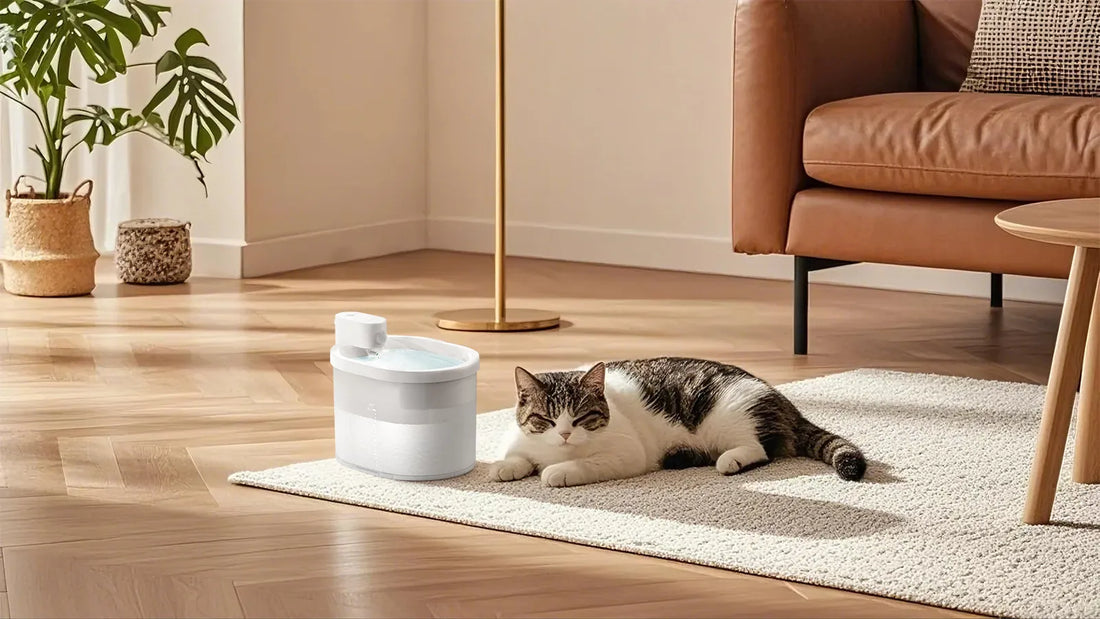As your beloved canine companion ages, their dietary needs evolve, requiring a more tailored approach to ensure they remain healthy and vibrant. A senior dog feeding guide is essential to navigate this stage of life, providing the right nutrients to support their changing bodies. This comprehensive guide will walk you through everything you need to know about feeding your senior dog, from understanding their nutritional requirements to practical feeding tips.
Understanding the Nutritional Needs of Senior Dogs
Senior dogs have different nutritional needs compared to their younger counterparts. As dogs age, their metabolism slows down, and they may become less active. This means they require fewer calories to maintain a healthy weight. However, they still need a balanced diet rich in essential nutrients to support their overall health.
Protein is a crucial component of a senior dog's diet. High-quality protein helps maintain muscle mass, which can decline with age. Look for dog food that lists a high-quality protein source as the first ingredient. Additionally, senior dogs may benefit from increased levels of omega-3 fatty acids, which support joint health and reduce inflammation.
Fiber is another important nutrient for senior dogs. It aids in digestion and helps prevent constipation, a common issue in older dogs. Foods with moderate levels of fiber can also help manage weight by promoting a feeling of fullness.
Portion Control and Feeding Frequency
Portion control is vital when feeding senior dogs. Overfeeding can lead to obesity, which exacerbates health issues such as arthritis and diabetes. Conversely, underfeeding can result in malnutrition and a weakened immune system. It's essential to find the right balance based on your dog's size, activity level, and health status.
Feeding frequency is another consideration. While some senior dogs do well with two meals a day, others may benefit from smaller, more frequent meals. This can help prevent bloating and improve digestion. Consult your veterinarian to determine the best feeding schedule for your dog.
Special Considerations for Senior Dogs
Senior dogs may have specific health conditions that require dietary adjustments. For example, dogs with kidney disease may need a diet lower in phosphorus and protein. Those with diabetes may benefit from a diet with complex carbohydrates to help regulate blood sugar levels.
Dental health is another concern for senior dogs. As they age, they may experience tooth loss or gum disease, making it difficult to chew hard kibble. Soft or wet food can be a more comfortable option for dogs with dental issues.
Hydration and Supplements
Hydration is crucial for senior dogs, as they may be less inclined to drink water. Ensure your dog has access to fresh water at all times, and consider adding wet food to their diet to increase moisture intake.
Supplements can also play a role in supporting your senior dog's health. Glucosamine and chondroitin are commonly used to support joint health, while probiotics can aid digestion. Always consult your veterinarian before introducing any supplements to your dog's diet.
Monitoring Your Senior Dog's Health
Regular veterinary check-ups are essential to monitor your senior dog's health and adjust their diet as needed. Blood tests can reveal underlying health issues that may require dietary changes. Keep an eye on your dog's weight, energy levels, and overall well-being, and make adjustments to their diet as necessary.
Feeding your senior dog doesn't have to be complicated. With the right knowledge and a bit of planning, you can ensure your aging companion receives the nutrition they need to thrive. A senior dog feeding guide is your roadmap to keeping your furry friend healthy and happy in their golden years.
By following this senior dog feeding guide, you'll be equipped to provide the best care for your aging canine companion. Remember, every dog is unique, so it's essential to tailor their diet to their specific needs. With the right approach, you can help your senior dog enjoy a high quality of life for years to come.














